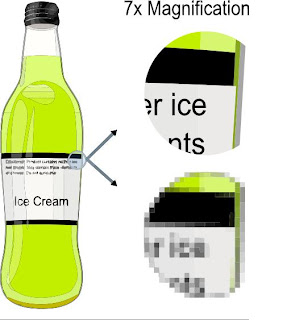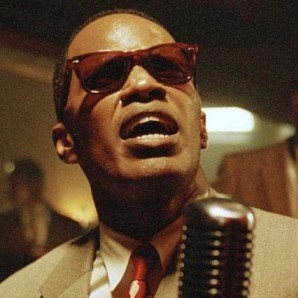Brand Quotient 2
1. Which IT major can be associated with this? 2.The first product of this company was an Integrated circuit based computer for the US Air Force in 1961. It led to the invention of the first ever Transistor Radio. Name the company. 3.Founded by Fredrico Faggin, a part of the name of the company was derived from the phrase 'Integrated Logic'. Identify the company. 4. Put Funda. (Hint- The answer is a Gaming Major) 5. To which company does this belong to? 6. Whose head quarter is this? 7.What was formed by the conjuction of the names Kagemasa Kozuki, Yoshinobu Nakama, and Tatsuo Miyasako? 8. Identify the device as well as the company.






